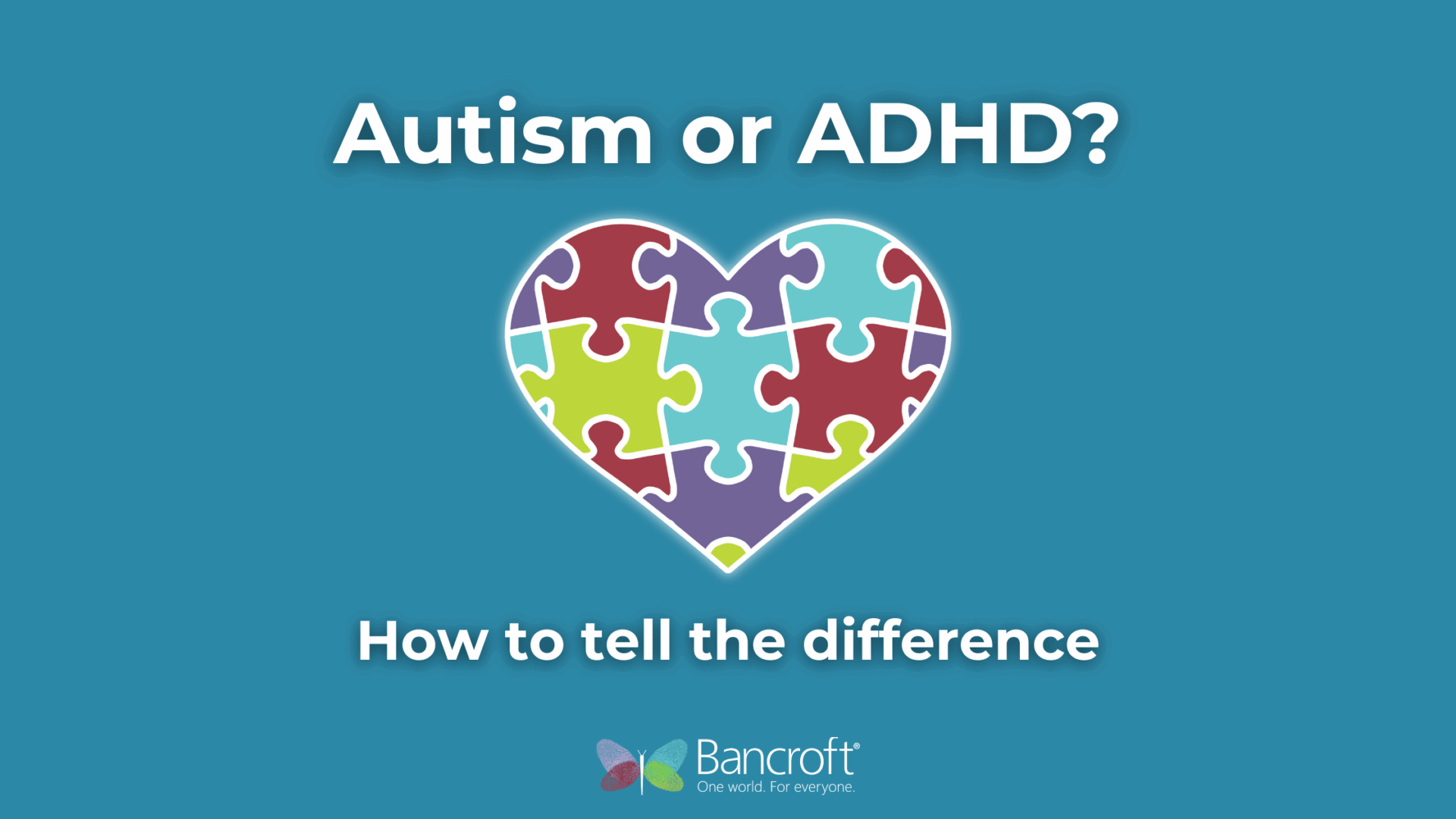A local expert in Applied Behavior Analysis uncovers the behavioral reasons why your running sneakers and fitness trackers may have already begun collecting dust just one month after New Year’s Day.
 Contributor: Lauren Troy, MA, Board Certified Behavior Analyst and Executive Director of Bancroft’s Applied Behavior Analysis (ABA) Center of Excellence
Contributor: Lauren Troy, MA, Board Certified Behavior Analyst and Executive Director of Bancroft’s Applied Behavior Analysis (ABA) Center of Excellence
One month into the new year, have you stuck to your New Year’s resolutions? Perhaps you know someone whose pricey fitness club membership has already become a financial misstep. Or, maybe it’s you whose running sneakers and yoga mat are quickly collecting dust by the front door. We have all been there – and likely, we will all continue to vow health, fitness and financial righteousness each January 1. But don’t beat yourself up when those lofty resolutions prove more difficult than you thought.
In fact, look no further than the field of Applied Behavior Analysis (ABA) to discover the science behind why so many of us fail to maintain our resolutions mere weeks into the New Year. The good news is that understanding a few basic behavior principles can help you be more successful in 2016.
Temporal Discounting (Immediate Gratification)
In behavior analysis, “temporal discounting” is how we respond to consequences due to delay. For example, if we had a choice between $100 today or $100 in a month – the choice would be clear. We’d all take the cash today. But adjust the delay or the amount – the “reinforcer” – and our choice might look different. What if we had a choice between $100 today or $1,000 in a month? Likely, many of us would wait for the larger payout.
Research shows animals are generally impulsive, while humans are better able to achieve long-term greater gain (such as that thousand bucks, above). This same research can explain your failed New Year’s promises, too. Many resolutions involve delayed gratification – selecting between a late-night ice cream habit now or a lower number on the scale in a month. As you can see, time and reinforcer variables certainly impact real life, not only research in the laboratory!
Hypothetical Constructs
When we feel badly about ourselves after we choose the ice cream over a weight-loss goal, we create parameters in our minds as defense mechanisms. We “explain away” our inabilities and say “I’m just not the type of person who can stick to a diet.” When we feel we could change our behavior with enough willpower and aren’t successful, we beat ourselves up or attribute failures to our inherent personality – we create “hypothetical constructs” as an easy excuse.
As a Board Certified Behavior Analyst, I easily recognize these concepts in my own life. Every January, I vow to wake up earlier, but I usually fail. Inevitably, I create that hypothetical construct and think, “I’m just not a morning person.” I also spot temporal discounting at play – at 6 a.m., the short-term reinforcer of staying in bed is extremely powerful for me!
Fortunately, identifying these patterns not only enables me to better serve a population of children and adults with complex behaviors, but it can also help you accomplish your goals in 2016. And, if you stumble off course, get back on track with these tips:
- Analyze your environment. Is your long-term goal powerful enough? If so, is the end result too far in the future to motivate you today? Establish realistic short-term reinforcers to jump-start positive behavior patterns.
- Maintain several smaller goals and rewards to keep your positive changes on track. Treat yourself to a manicure or another small indulgence if you’ve successfully avoided ice cream for an entire week.
- Finally, if you falter, don’t settle for another year of old behavior and bad habits. Analyze your environment once more, change your reinforcers, and try again!
Instead of relying on willpower this year and facing disappointment mere weeks into your resolutions, remember the science behind your behavior. Consider your personal short- and long-term reinforcers and silence those hypothetical constructs for a successful and prosperous 2016. And if you need more motivation, you’re not alone. Just think of your friendly local Board Certified Behavior Analyst still striving to wake up earlier.
To learn more about how Applied Behavior Analysis is helping children and adults at Bancroft or how we can assist your family member with special needs, dial 1.800.774.5516 to connect with an Access to Care specialist.















